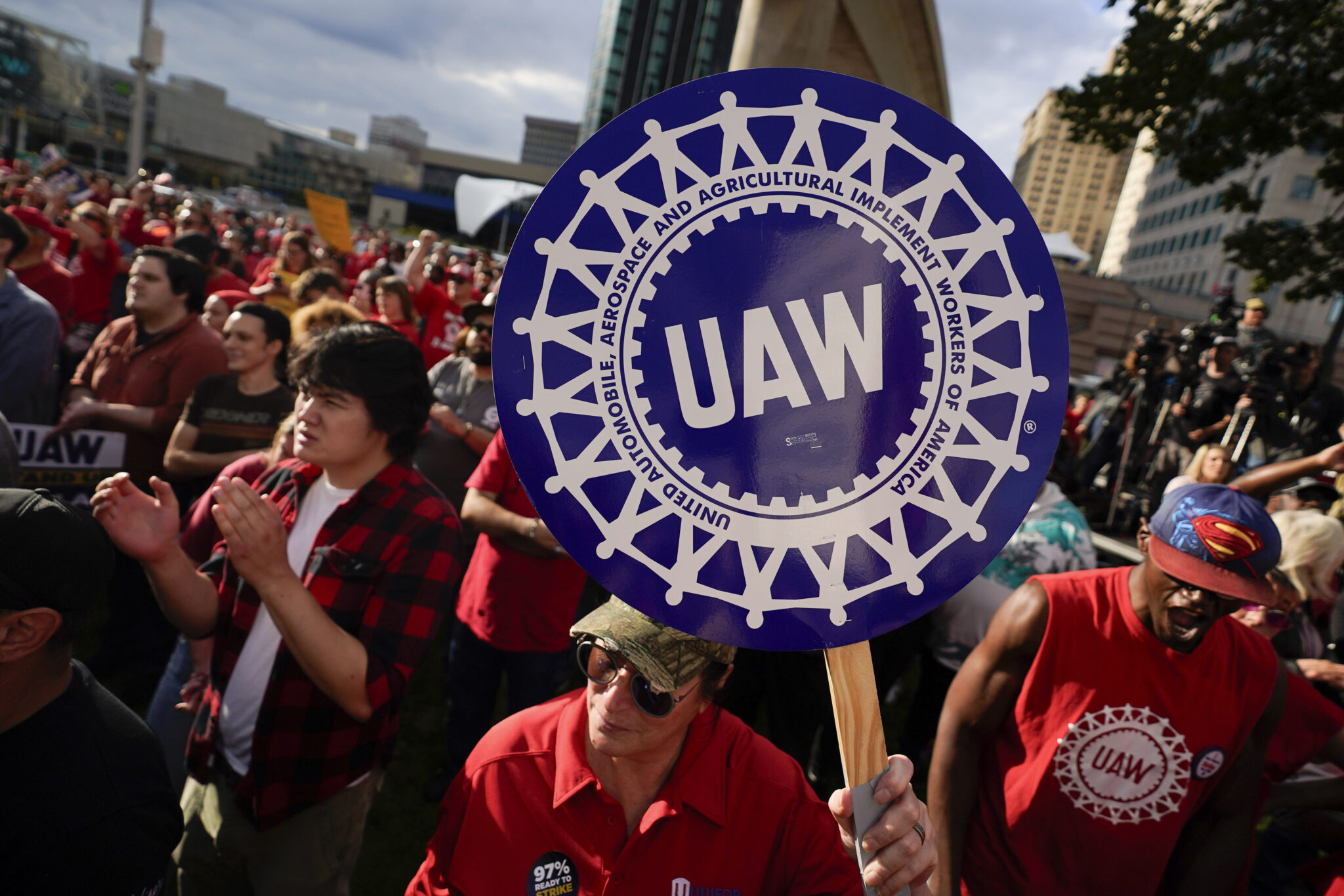Luke Hinrichs is a student at Harvard Law School.
In today’s news and commentaries, district court judge orders reinstatement of FLRA board member unlawfully removed by Trump, and the UAW files unfair labor practices charges against Volkswagen.
U.S. District Judge of the District of Columbia Sparkle Sooknanan ordered the reinstatement of Susan Grundmann to her board member position on the Federal Labor Relations Authority (FLRA), an agency which impartially manages and resolves disputes between the federal government and federal employees’ unions. The court ruled that the February 10 firing of Grundmann through a two-sentence email sent on behalf of President Trump was unlawful given the statutory provision that FLRA members can only be removed for inefficiency, neglect of duty, or malfeasance in office during their staggered five-year terms, and only after notice and a hearing. The decision is expected to be appealed to the D.C. Circuit.
The United Auto Workers (UAW) announced it has filed federal labor charges against Volkswagen for “violating workers’ rights” at the automaker’s Chattanooga, Tennessee plant after the company announced it was cutting jobs and limiting production to a two-shift model. The company has also begun offering production employees a “voluntary attrition program,” including a severance package, retirement options, and benefits. Volkswagen’s downsizing decision comes as the union is negotiating its first contract with the company. The UAW won the unionization election at the Chattanooga factory last April, becoming the first auto plant in the South to unionize via election since the 1940s.






Daily News & Commentary
Start your day with our roundup of the latest labor developments. See all
February 27
The Ninth Circuit allows Trump to dismantle certain government unions based on national security concerns; and the DOL set to focus enforcement on firms with “outsized market power.”
February 26
Workplace AI regulations proposed in Michigan; en banc D.C. Circuit hears oral argument in CFPB case; white police officers sue Philadelphia over DEI policy.
February 25
OSHA workplace inspections significantly drop in 2025; the Court denies a petition for certiorari to review a Minnesota law banning mandatory anti-union meetings at work; and the Court declines two petitions to determine whether Air Force service members should receive backpay as a result of religious challenges to the now-revoked COVID-19 vaccine mandate.
February 24
In today’s news and commentary, the NLRB uses the Obama-era Browning-Ferris standard, a fired National Park ranger sues the Department of Interior and the National Park Service, the NLRB closes out Amazon’s labor dispute on Staten Island, and OIRA signals changes to the Biden-era independent contractor rule. The NLRB ruled that Browning-Ferris Industries jointly employed […]
February 23
In today’s news and commentary, the Trump administration proposes a rule limiting employment authorization for asylum seekers and Matt Bruenig introduces a new LLM tool analyzing employer rules under Stericycle. Law360 reports that the Trump administration proposed a rule on Friday that would change the employment authorization process for asylum seekers. Under the proposed rule, […]
February 22
A petition for certiorari in Bivens v. Zep, New York nurses end their historic six-week-strike, and Professor Block argues for just cause protections in New York City.